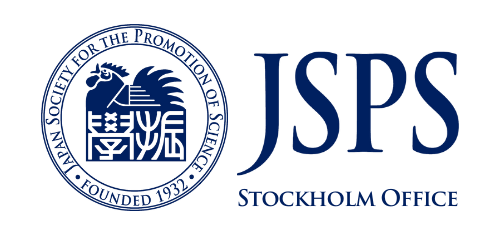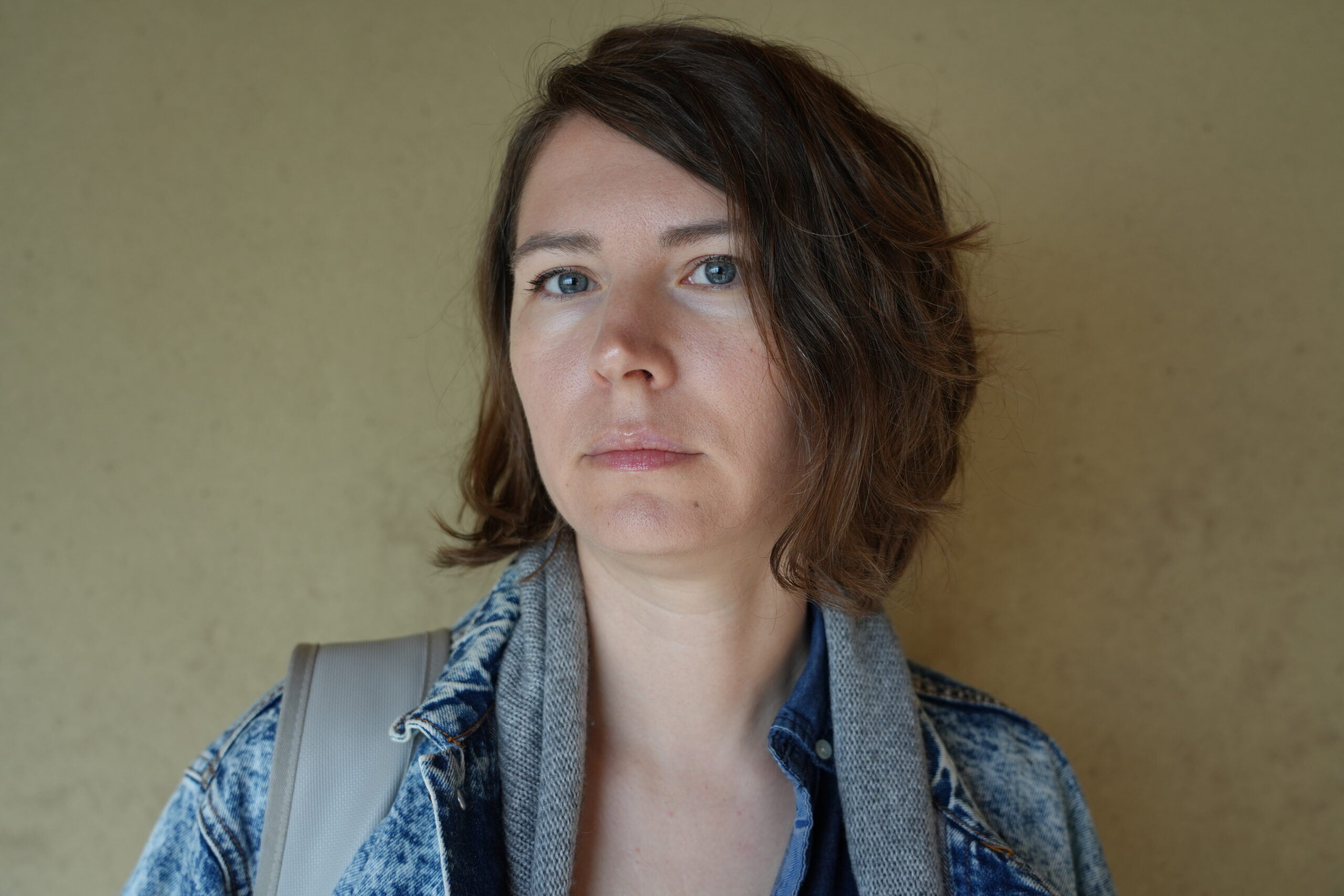
Joanna Kitsnik
JSPS Postdoctoral fellow, Faculty of Human Sciences, Department of Sociology, Sophia University, Japan
What kind of research are you currently engaged in?
I am a quantitative comparative sociologist, and my current research focuses on the comparative aspects of attitudes toward wealth and income inequality, as well as environmental attitudes. During my postdoc, I investigated and compared individual-level ideas about justice and fairness principles and their role in the normative assessment of wealth inequality across economically developed societies.
How did you get interested in your research subject?
My interest in my research subject began during my master's studies, where I became fascinated by 20th-century political philosophy theories addressing questions of fairness and justice. These issues are highly relevant in today's world, as humanity grapples with increasing economic disparities and environmental challenges.
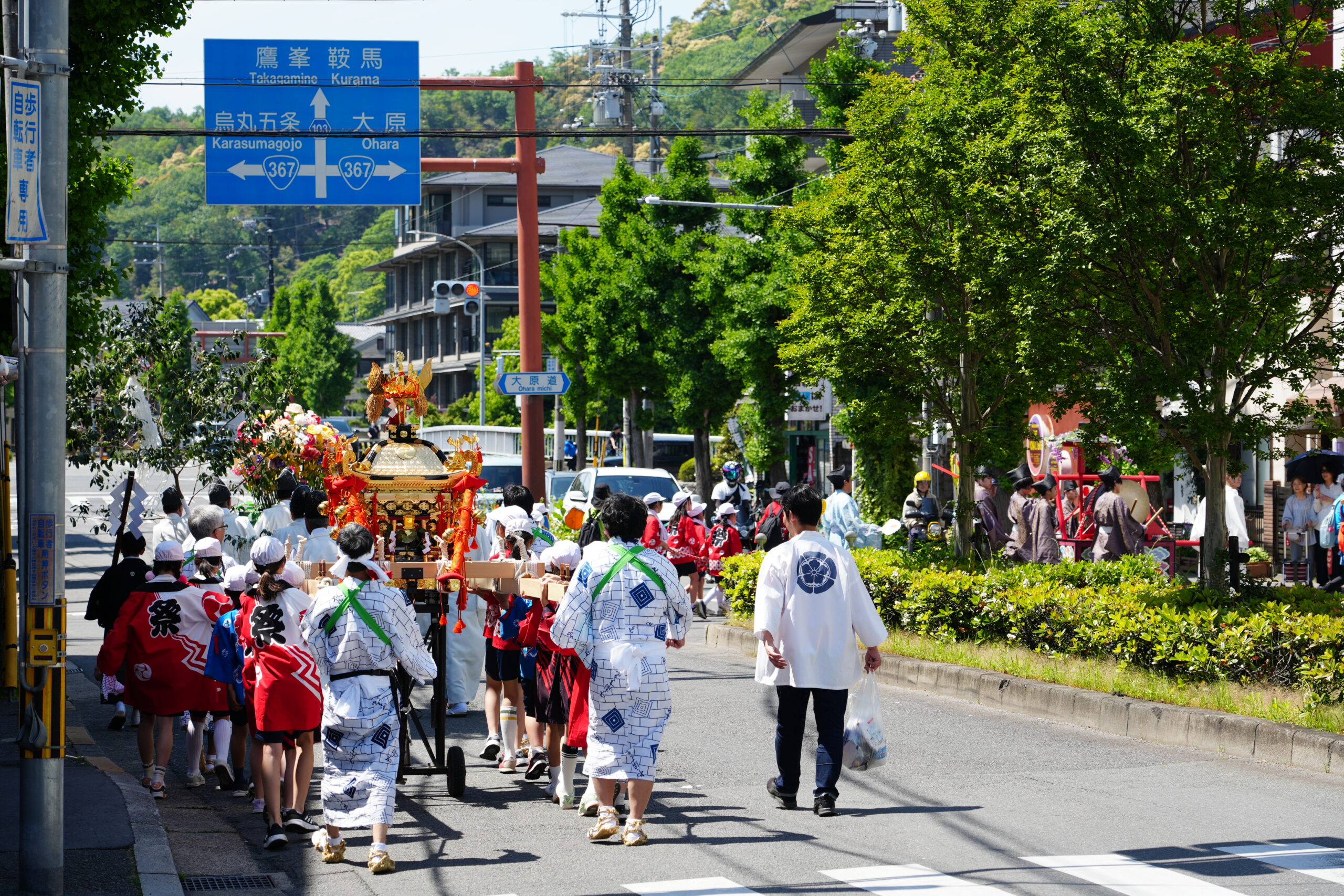
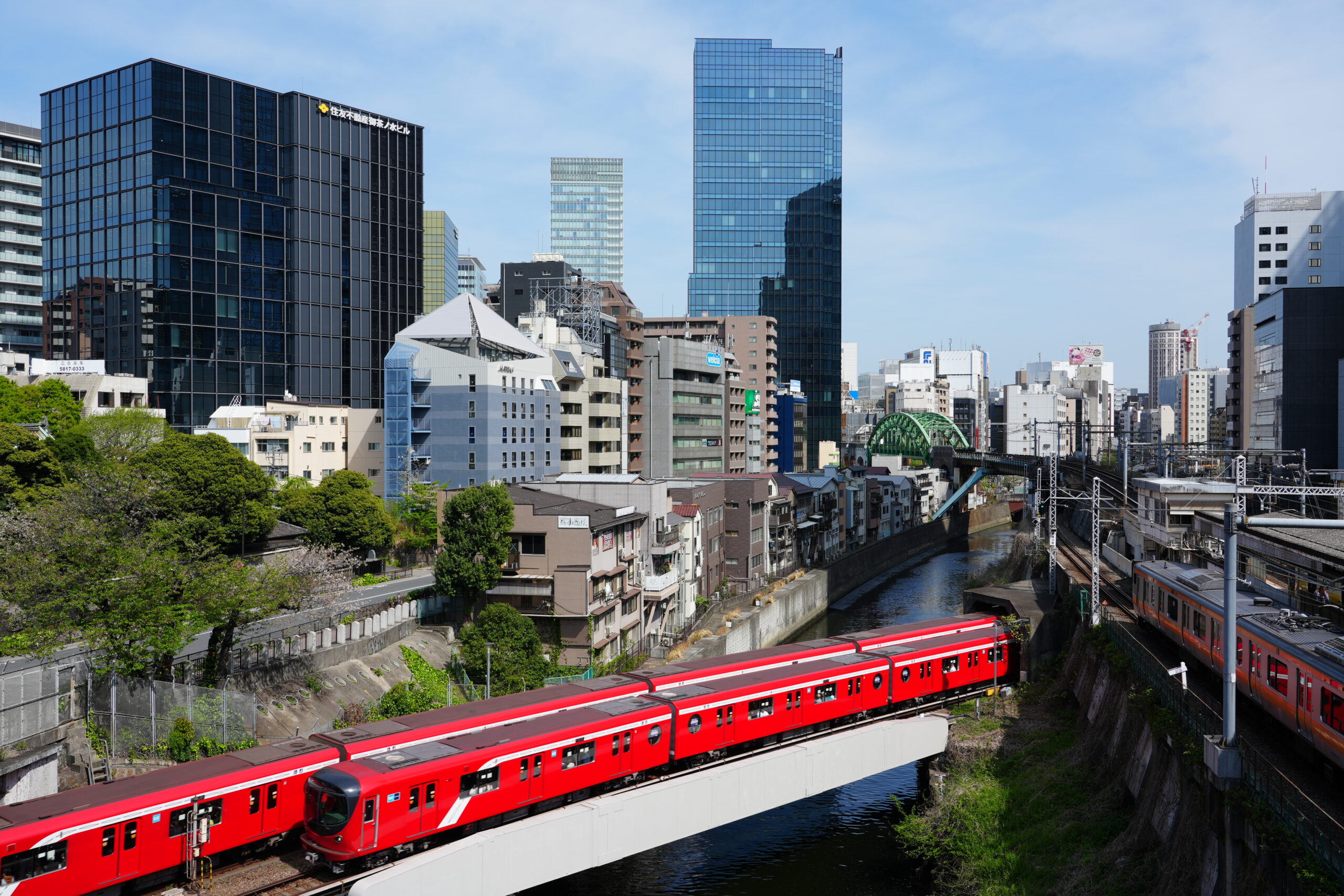
Why did you choose your current institution to conduct your research for the JSPS fellowship?
I chose Sophia University as my host institution because of Prof. Carola Hommerich. Her work resonated with my research interests, and I saw potential for collaboration. In addition, after completing my PhD at Kyoto University, Tokyo appeared to offer more professional opportunities.
What was your impression of the research environment in Japan compared to other countries you have experienced?
The research environment in Japan is less international, which can pose challenges when introducing novel research topics and incorporating comparative approaches. Unfortunately, junior researchers in particular are reluctant to engage in international scientific discussions. Additionally, bureaucratic red tape can be daunting, but familiarity with Japanese language and culture proves beneficial in navigating these hurdles.
How did you spend your time in Japan? Did you find anything fun and interesting, or strange and challenging?
Having already lived in Japan for quite some time I made it a priority to explore beyond the typical tourist spots and find ways to ground myself in the local community. I made use of the fact that Japan offers a lot of opportunities for enjoying natural versatility -- towering mountains and picturesque beaches, provided ample opportunities to engage in hiking and snorkeling.
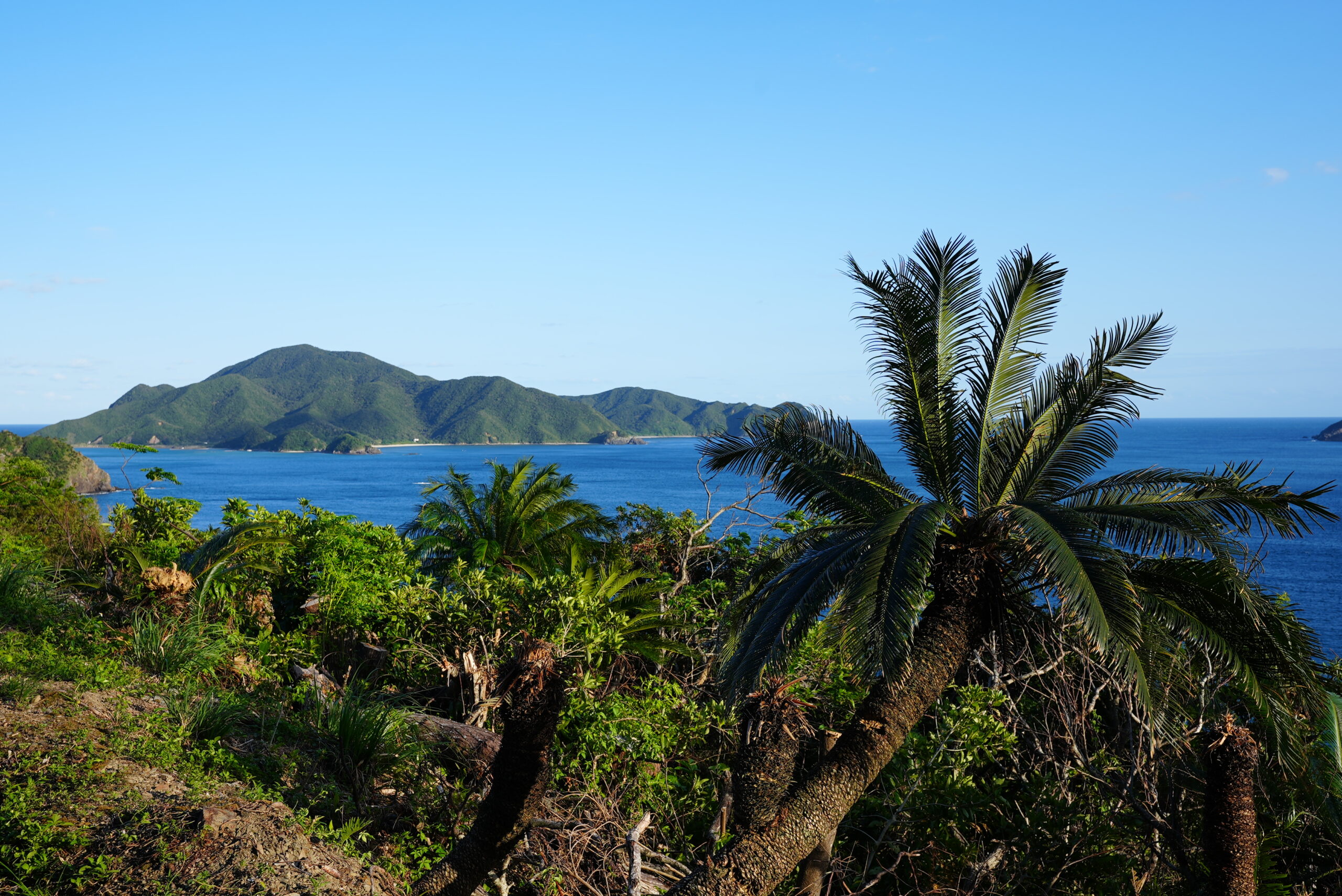
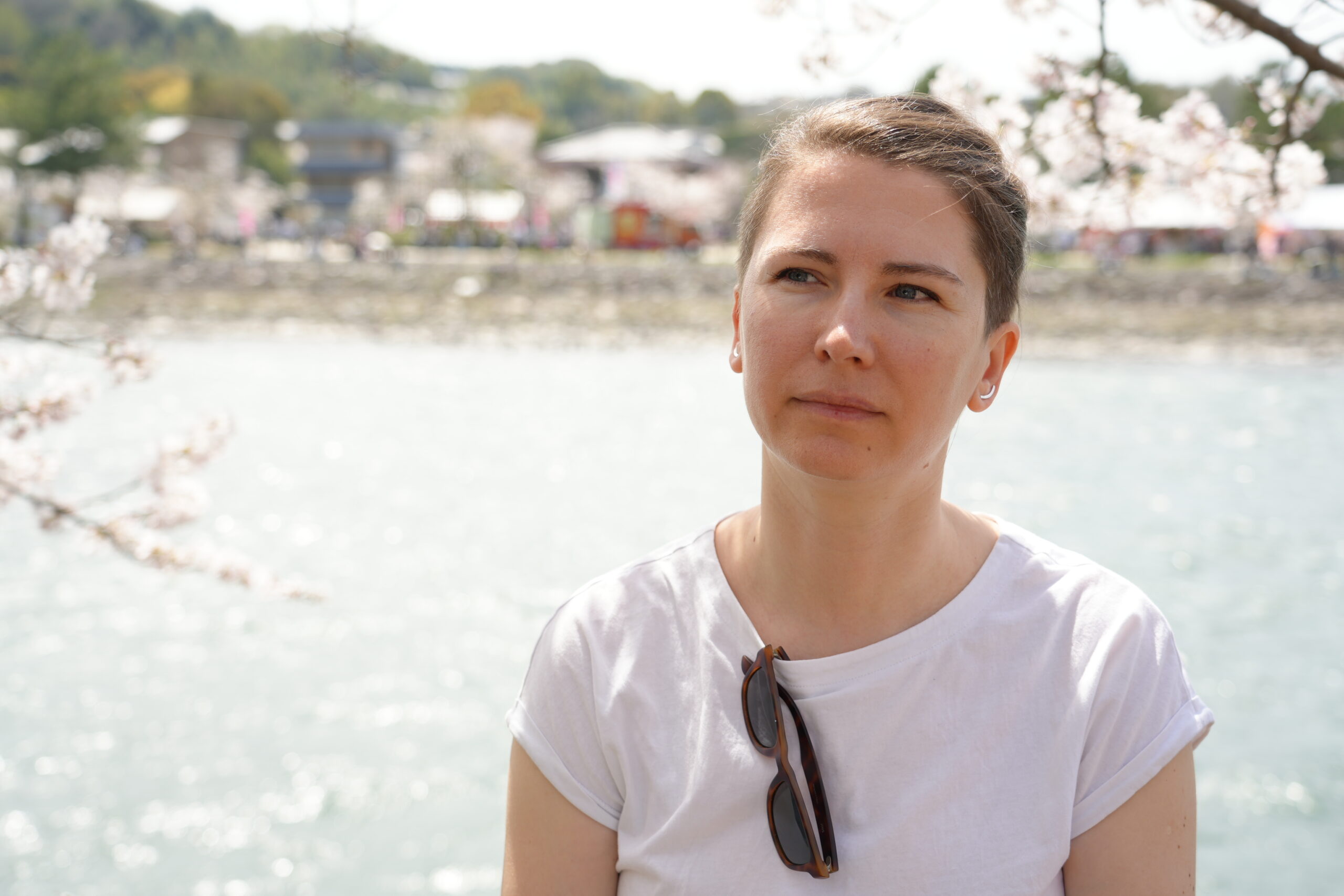
What impact do you think the JSPS fellowship has on your future career?
The JSPS funding has provided a valuable opportunity for me to enhance my professional skills, delve deeper into my research topic, and broaden my horizons as a researcher. Beyond the immediate benefits, it has also facilitated meaningful collaborations with fellow professionals across the world, which I anticipate will extend well beyond my postdoctoral tenure.
Do you have any advice for researchers who are interested in going to Japan?
Acquiring at least an intermediate level of Japanese significantly expands your opportunities and grants access to local resources and professional networks. It is crucial to find a host researcher who not only shares your research interests but is genuinely invested in helping to advance your career. Such a mentor can empathize with your challenges as a foreign researcher and provide support. Additionally, setting realistic goals for your postdoc tenure is essential.
(July, 2024)
2007 BA, Tallinn University
2016 MA, Graduate School of Governance, Law and Society, Tallinn University
2022 PhD in Sociology, Graduate School of Letters, Kyoto University
2022-2024 JSPS Postdoctoral Research Fellow, Faculty of Human Sciences, Department of Sociology, Sophia University
